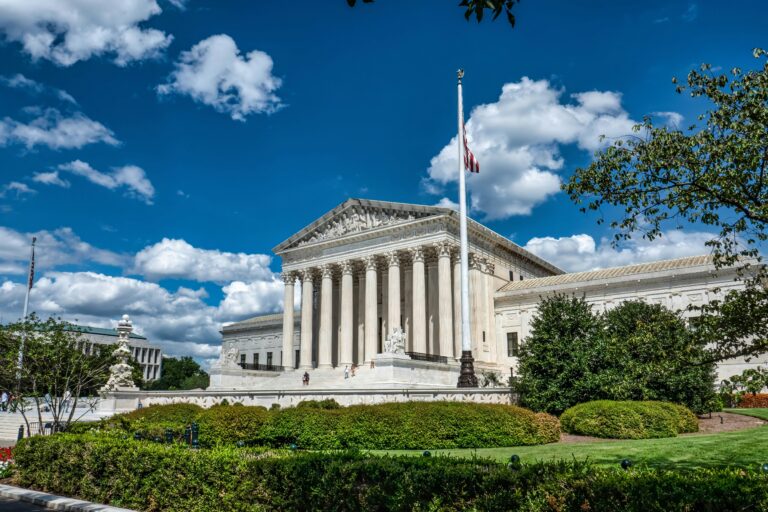District court injunction overturned
The Supreme Court has sided with the Trump administration, allowing federal immigration officials to carry out raids in Southern California that had been temporarily blocked. This decision nullifies a July 11 ruling from U.S. District Judge Maame Frimpong, who had determined that the enforcement tactics likely violated the Fourth Amendment, which protects against unreasonable searches and seizures.
Allegations of profiling and coercion
The lawsuit claimed that masked, heavily armed federal agents targeted individuals based on race, ethnicity, or the way they spoke, with some plaintiffs describing the operations as abrupt and forceful, akin to public kidnappings. One plaintiff, Jason Gavidia, said he was physically confronted after asserting his U.S. citizenship and being pressed for the hospital where he was born. Judge Frimpong’s injunction prohibited immigration authorities from relying solely on characteristics such as skin color, language, occupation, or presence at locations like car washes and tow yards to justify detentions, noting these factors alone do not establish “reasonable suspicion.”
Supreme Court divided
After the 9th Circuit Court of Appeals denied the administration’s request to lift Frimpong’s order on August 1, the Justice Department appealed to the Supreme Court. Government attorneys argued that officers needed broad discretion in regions where roughly 10 percent of the population is estimated to be undocumented. The court’s conservative majority agreed, while the three liberal justices dissented. The ruling continues a pattern of high court decisions permitting Trump-era immigration policies to move forward despite challenges in lower courts.



